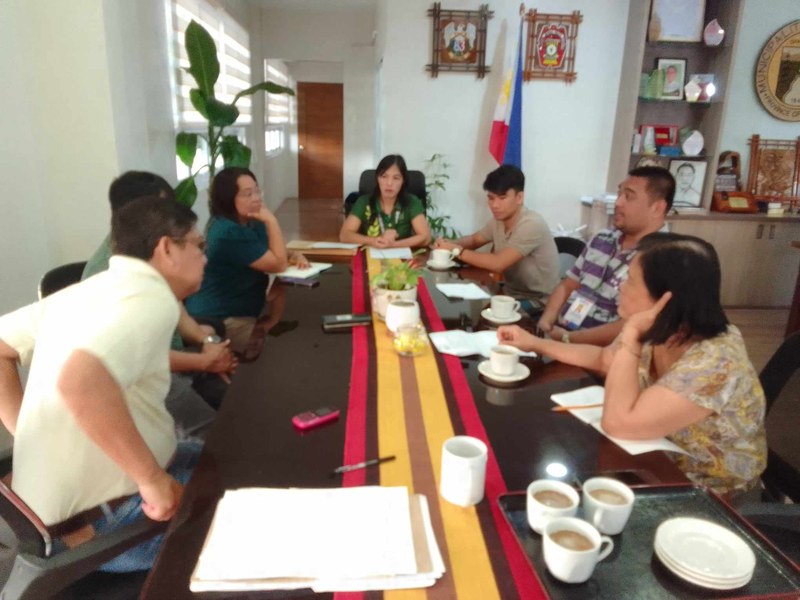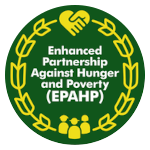
12 Out of 27 LGUs Across Four Provinces in Cagayan Valley are Set to Adopt the NPCP Mode of Procurement for the 14th Cycle of the Feeding Program
The EPAHP staff’s thorough coordination with various Local Government Units (LGUs) across four provinces in Cagayan Valley in July and August 2024 has yielded fruitful results. Over a three-week period, the EPAHP team worked closely with LGUs in Bambang and Diadi (Nueva Vizcaya); Diffun and Madella (Quirino); San Mateo, Cabatuan, Luna, Ilagan City, Gamu, Cauayan City, Tumauini, Cabagan, Santiago City, Echague, Aurora, Sta. Maria, Quezon, and San Mariano (Isabela); and Solana, Tuguegarao, Gonzaga, Buguey, Abulug, Ballesteros, Sanchez Mira, and Claveria (Cagayan).
As a result of these efforts, 11 LGUs, including Bambang (Nueva Vizcaya), Diffun and Madella (Quirino), Cabatuan, Ilagan City, Cabagan, Aurora, Quezon, Sta. Maria, and San Mariano (Isabela), and Tuguegarao City and Gonzaga (Cagayan), have committed to using the Negotiated Procurement Community Participation (NPCP) and Direct Purchase modes of procurement for their 14th cycle feeding programs.
This initiative is in response to various policy directives, including Memorandum Circular No. 47, Series of 2024, which encourages all government agencies, instrumentalities, and LGUs to support the implementation of the Enhanced Partnership Against Hunger and Poverty (EPAHP) Program, and Resolution No. 02-41, Series of 2023, which promotes the adoption of Government Procurement Policy Board (GPPB) Resolution No. 18, S.2021. These policies aim to encourage the direct purchase of agricultural and fishery products from accredited farmers' and fisherfolk cooperatives involved in the EPAHP program. Additionally, Resolution No. 02-42, Series of 2023, calls on partner regional line agencies and LGUs to support the EPAHP program.
In line with these mandates, EPAHP staff immediately engaged with the LGUs, achieving notable success. The LGUs involved in the program have already validated their respective Community-Based Organizations (CBOs) that are ready to be linked to the feeding program.
The primary objective of the program is to provide a sustainable market for small farmers and fisherfolk, ensuring continuous demand for their products, and helping them improve their livelihoods.
